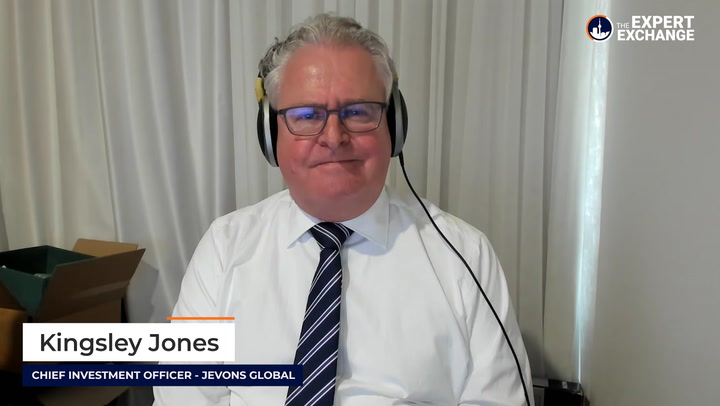- Australian businesses may have to pay carbon levies for exports to the E.U. based on new legislation being voted on by the European Parliament
- The carbon border adjustment mechanism would place a levy on imports of certain goods that were carbon-heavy to make and ship
- E.U. trading partners would have to measure the emissions intensity of their products and inform the E.U. of these figures before the trade
- The price of the levy would be based on the European carbon market, which currently trades carbon permits at around $60 per tonne of CO2
- This means the Australian Government would need to implement stronger emissions reduction policies to avoid the extra costs
- The E.U.’s full legislature will vote on the new laws in March, and if passed, they will come into effect no later than 2023
- Data from the Australian Department of Foreign Affairs and Trade estimates Australia exported $11.7 billion worth of goods to the E.U. in the 2019-2020 financial year
Australian businesses may have to pay carbon levies for exports to the European Union based on new legislation being voted on by the European Parliament.
The E.U.’s carbon border adjustment mechanism (CBAM) would place a levy on imports of certain goods if they come from countries that the E.U. feels are not ambitious enough about climate change.
The laws are designed to incentivise E.U. trade partners to decarbonise in line with objectives laid out in the Paris Agreement. The framework for the laws will be voted on by the full E.U. legislature in March and, if passed, will come into effect no later than 2023.
Essentially, they would require foreign trading partners to implement a carbon trading system similar to the E.U. Emissions Trading System, lest they face costs on imports equivalent to that on the European carbon market, which currently trades carbon permits at around $60 per tonne of CO2.
The carbon levy would be based on the volume of greenhouse gas emissions used in creating and shipping specific products. E.U. trade partners would need to measure the emissions intensity of their products — or give their best estimate — and inform the E.U. of these figures before the trade.
This means the Morrison Government would need to impose stronger emissions reduction policies to avoid the extra costs.
French E.U. Parliament member Yannick Jadot said the CBAM is a “great opportunity” to reconcile issues like climate change, industry and employment, among others.
“It is a major political and democratic test for the E.U., which must stop being naïve and impose the same carbon price on products, whether they are produced in or outside the EU, to ensure the most polluting sectors also take part in fighting climate change and innovate towards zero carbon,” Yannick said.
“This will give us the best chance of remaining below the 1.5°C warming limit, whilst also pushing our trading partners to be equally ambitious in order to enter the EU market,” he said.
Australia and the E.U.’s trade relationship
Though Australia’s exports to the E.U. fall far behind our exports to the likes of China, Japan, and the U.S., the E.U. is still a major Australian trading partner.
According to information from the Department of Foreign Affairs and Trade, Australia exported roughly $4.4 billion of coal and $4.4 billion of gold to the E.U. over the 2018-2019 financial year alone. Our next biggest exports to the E.U. were oilseeds and fruits and alcoholic beverages, coming in at a combined $1.4 billion worth of goods.
Newer data estimates Australia exported $11.7 billion worth of goods to the E.U. in the 2019-2020 financial year.
Of course, exports to the U.K. will not be impacted by the legislation, as it is no longer a member of the E.U. bloc.
This means fewer Australian exports will be impacted than would have been when the U.K. was still an E.U. member. The United Kingdom is currently Australia’s fourth-biggest export partner, with $10.4 billion worth of goods shipped to the U.K. alone in 2019.
For reference, Australia shipped almost $135 billion of goods to China in the 2018-2019 financial year and almost $60 billion worth of goods to Japan in the same year.








